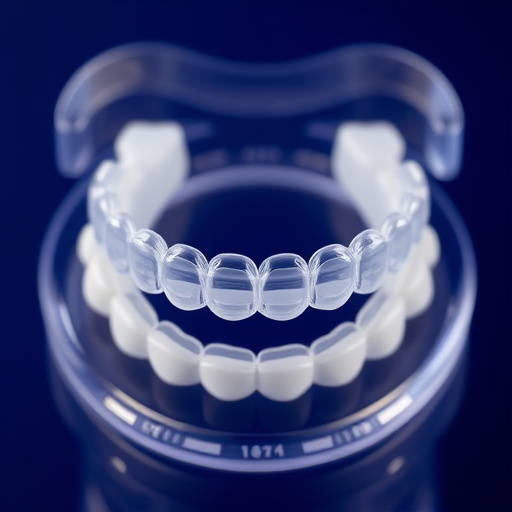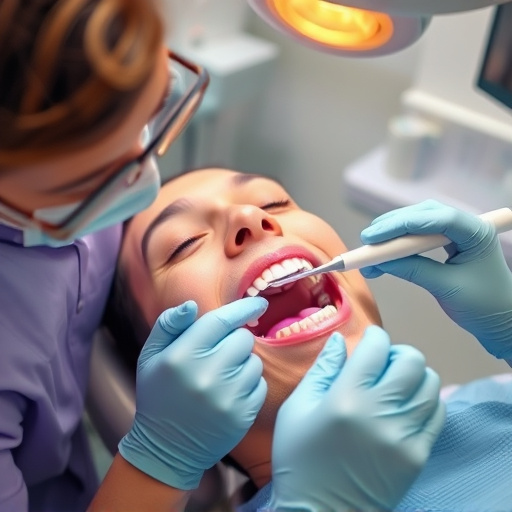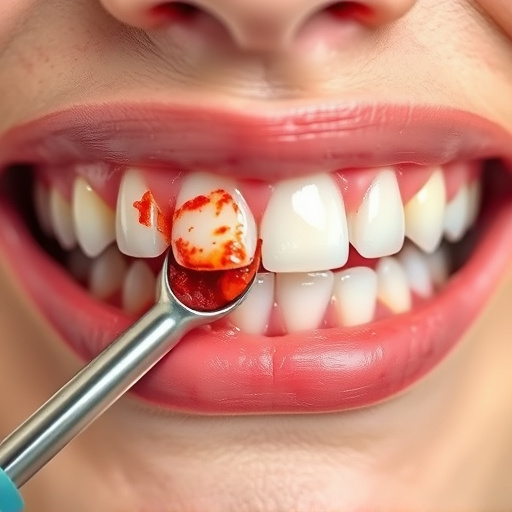Snoring, a global sleep disorder caused by blocked airways, leads to health issues like sleep apnea and cardiovascular problems. Non-invasive treatments, such as oral appliances and dental procedures, reposition the jaw and tongue to open the airway, offering comfort and improved sleep quality. For persistent cases, surgical options like radiofrequency ablation or turbinate reduction may be recommended after expert consultation, providing permanent solutions alongside good oral health practices.
Snoring isn’t just a nuisance; it’s a sign of potential health risks, affecting quality of life and sleep patterns. This article explores comprehensive solutions to combat snoring, focusing on safe and effective snoring treatment options. We delve into understanding the causes behind this common condition, from anatomical issues to lifestyle factors, and present a range of non-invasive approaches to manage snoring. For severe cases, we discuss surgical interventions, offering hope for those seeking lasting relief. Discover the path to quieter, healthier living with these proven snoring treatment options.
- Understanding Snoring: Causes and Impact on Health
- Exploring Non-Invasive Snoring Treatment Options
- Surgical Interventions for Chronic Snoring Cases
Understanding Snoring: Causes and Impact on Health
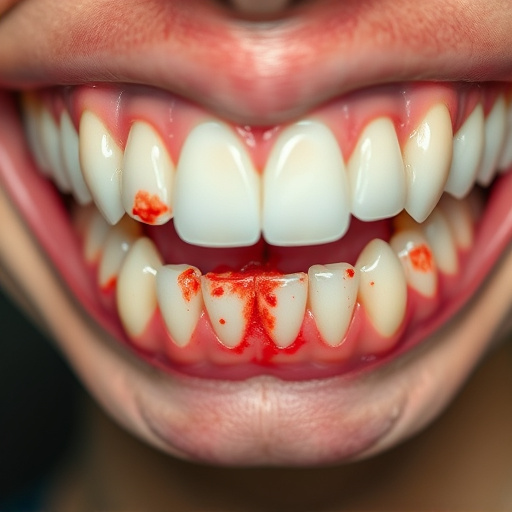
Snoring is a common sleep disorder that affects millions worldwide. It occurs when the airflow to the lungs is blocked or obstructed during breathing while asleep. This disruption can have various causes, from structural issues in the respiratory system to excess tissue in the throat or base of the tongue. While it may seem like a harmless nuisance, snoring can significantly impact overall health and quality of life.
Chronic snoring is linked to several health concerns, including sleep apnea, high blood pressure, cardiovascular disease, cognitive impairment, and increased risk of accidents due to fatigue. Moreover, it can negatively affect interpersonal relationships and contribute to feelings of isolation. Exploring effective snoring treatment options is essential for maintaining optimal health and well-being. By addressing the underlying causes, individuals can find relief from snoring and improve their overall sleep quality and longevity.
Exploring Non-Invasive Snoring Treatment Options
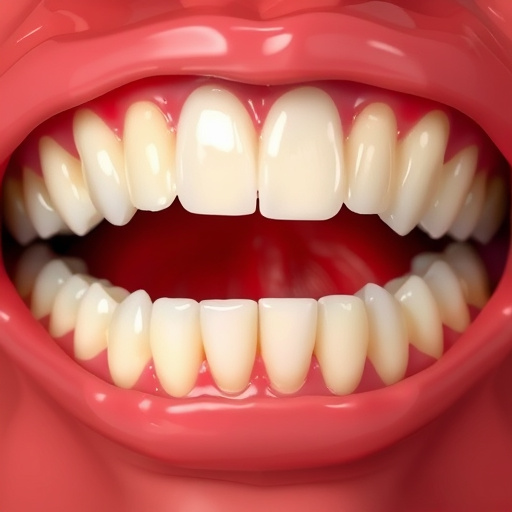
Many individuals seeking relief from snoring often turn to non-invasive treatment options as a safer and more comfortable alternative to invasive procedures. Snoring can be caused by various factors, including soft tissue in the throat blocking the airway during sleep, or it could indicate underlying health conditions. Thankfully, there are several effective yet gentle methods available to address this issue.
One popular approach is utilizing oral appliances, such as mouthguards or mandibular advancement devices, which reposition the jaw and tongue to keep the airway open. These appliances are custom-fitted and can be worn comfortably during sleep. In addition to these, dental procedures like teeth cleaning, cosmetic fillings, or targeted tooth extractions can help alleviate snoring by improving oral health and reducing any physical obstructions in the upper respiratory tract.
Surgical Interventions for Chronic Snoring Cases
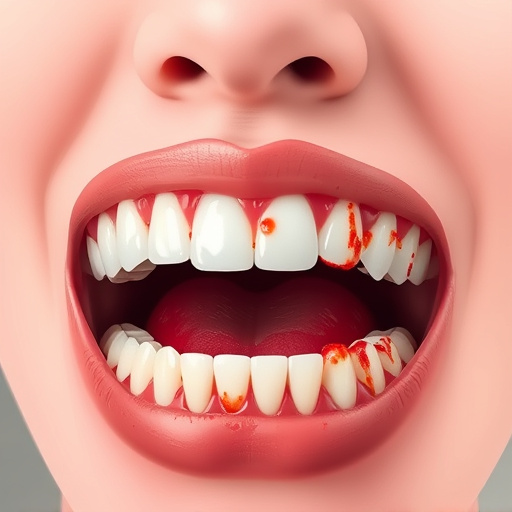
For chronic snoring cases that persist despite lifestyle changes and non-surgical treatments, surgical interventions may be recommended by your healthcare provider. These procedures aim to correct structural issues in the upper airway that contribute to snoring and sleep apnea. One common approach is radiofrequency ablation, which uses heat to shrink or tighten loose soft tissue in the throat, improving airflow. Another option is turbinate reduction surgery, where the nasal turbinates—structures that warm and moisten inhaled air—are partially removed to open up the airway.
In some cases, surgical procedures can be combined with other snoring treatment options like dental devices or nasal splints to provide comprehensive relief. While these interventions offer more permanent solutions, they should be considered carefully after consultation with a medical professional. Preventive dentistry and oral health care, including regular check-ups, tooth repair, and cosmetic fillings when necessary, are also essential aspects of overall well-being that can contribute to healthier living alongside effective snoring treatment options.
Snoring no longer needs to disrupt your sleep or impact your overall health. With a range of safe and effective snoring treatment options available, from non-invasive therapies to surgical interventions, individuals can finally find relief and embrace a healthier lifestyle. By addressing the root causes of snoring, these treatments promise improved quality of life and deeper, more restorative sleep. So, whether you’re seeking natural remedies or considering medical procedures, exploring snoring treatment options is a proactive step towards better sleep and enhanced well-being.








